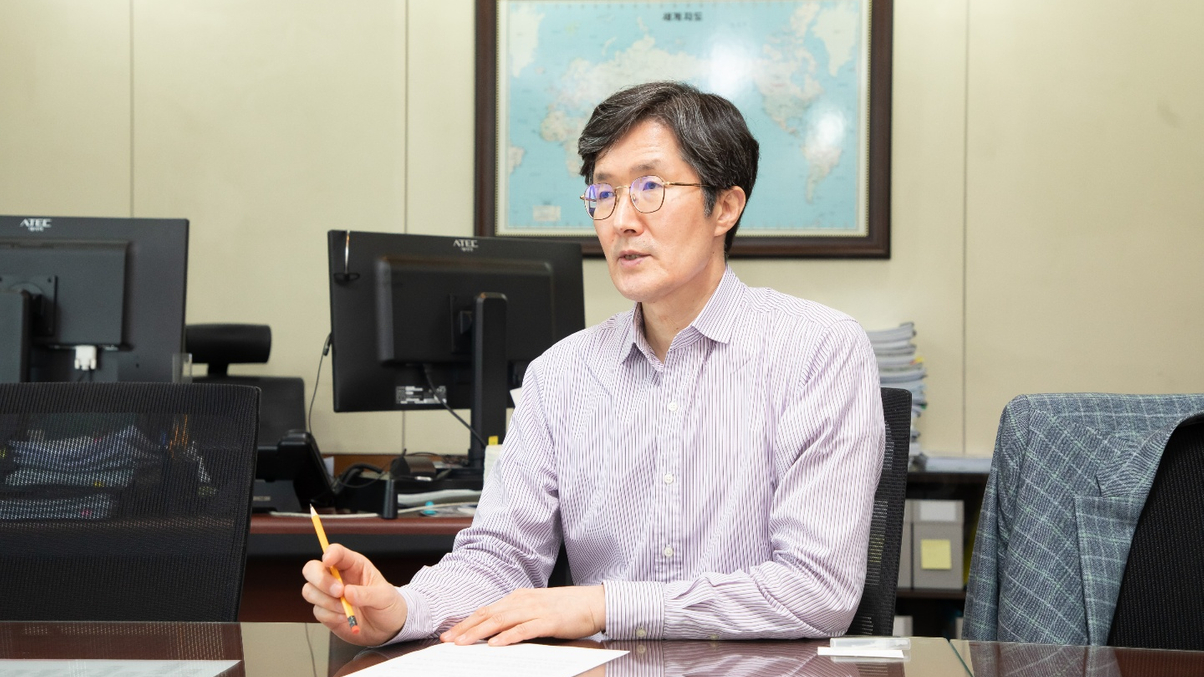Boss, father, and a man with mission – the multiple roles of a public pension CIO
Jang Dong-hun, the former CIO of Korea’s Poba stresses the importance of competitive pay and a sense of mission for public pension finance professionals.

This article is the second part of a profile published in January.
Sign in to read on!
Registered users get 2 free articles in 30 days.
Subscribers have full unlimited access to AsianInvestor
Not signed up? New users get 2 free articles per month, plus a 7-day unlimited free trial.
¬ Haymarket Media Limited. All rights reserved.


